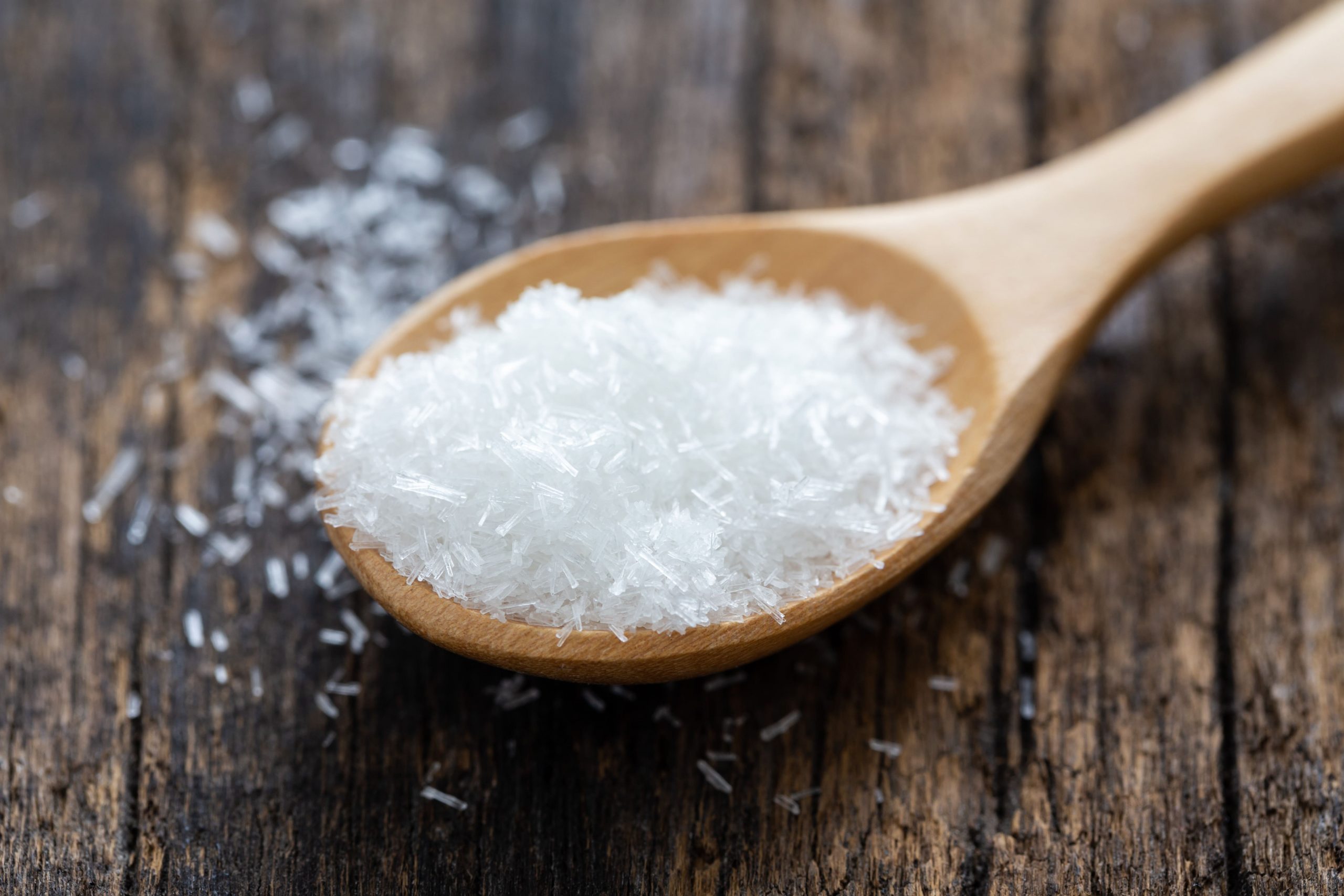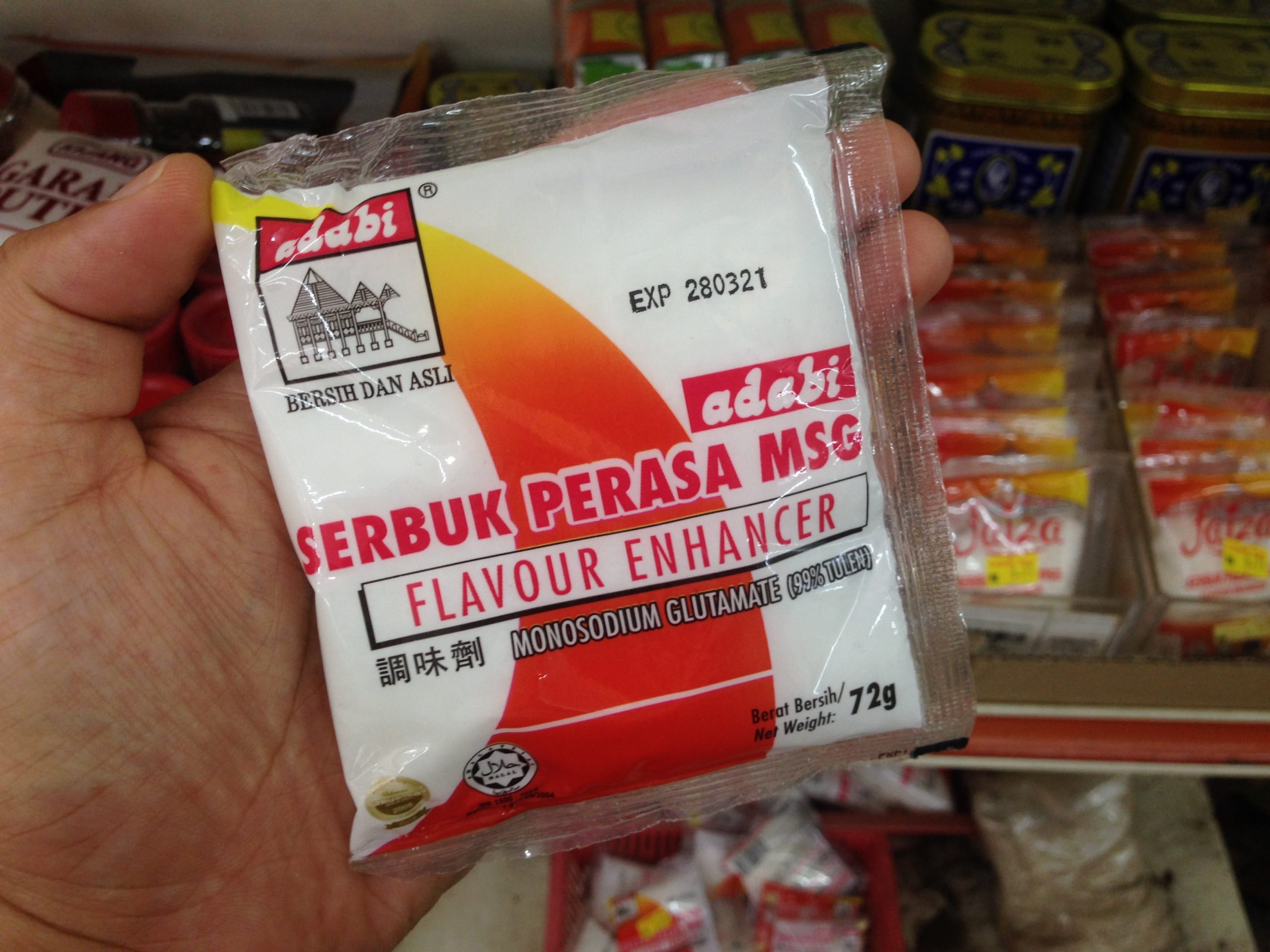IS MONOSODIUM GLUTAMATE (MSG) GOOD OR BAD FOR YOU?
MSG is a popular food additive used to enhance food flavor in some Asian cuisine. Scientific evidence show that it is safe to consume MSG in moderation since mega doses have been found to be harmful.
The medical fraternity is divided on the effects and benefits of MSG with some claiming that it causes headaches, asthma, and brain damage. However, the FDA has given MSG green light for public usage indicating that it is safe consumption. MSG is used as food additive mostly used in Asian cuisine and sometimes finds itself in various foods, such as soups, processed meats, and fast foods. We peer in various theories that demonize this additive and give you science-backed to determine if the claims of MSG toxicity are true or not.
What is MSG?
MSG is a popular food additive used to enhance food flavor and is numbered E621 among flavors. It comes from glutamic acid or amino acid called glutamate, which is a common amino acid richly found in nature. Since this amino acid is non-essential, it is abundant in the body without the need to eat it. However, it is still found in almost all foods and can help improve various body functions.
Manufactured MSG is a white powder that look like sugar or salt. The amino acid in MSG is made through starch fermentation. This glutamic acid combines with sodium to form sodium salt. The body absorbs the acid easily since it is not locked in protein molecules that would need the body to break down. MSG is responsible for meaty umami flavor in most foods. Umami is considered the fifth taste joining other common taste, bitter, sour, salty, and sweet.
Why Some People Think MSG is Harmful
Science show that glutamic acid in the body acts as a brain neurotransmitter that excites the brain to stimulate nerve cells for signal relay. Because the body already produces glutamate amino acid, some reason that an intake of MSG could result excess glutamic acid in one’s brain, causing over-stimulation of nerve cells. This reasoning has braded MSG an excitotoxin amino acid. A study of 1969, worsened this fear as it found that, an injection of high MSG doses to little mice, resulted in a brain damage on these mice. Additionally, some publications like the book Russell Blaylock’s “Excitotoxins” published in during early days of research have made many to reject MSG.
Some facts are clear though, high amount of glutamic acid in the brain can be harmful. Another fact is that large doses of MSG can contribute to increased levels of amino acid glutamate in the bloodstream, with one study showing that one mega dose contributed to increased glutamate levels by 556%.
Nevertheless, glutamate supplement does not supply these high doses and will have no effect on your brain since it cannot pass the blood-brain barrier in high quantities. The evidence gathered thus far does not show that MSG behaves like excitotoxin when taken in normal amounts.
MSG sensitivity in Some Individuals
Though the FDA approves MSG as safe for most people, some individuals may experience uncomfortable side effects from taking MSG. These individuals develop a condition known as MSG symptom complex. One controlled study examined the effects of5 gram MSG on individuals who say they are MSG sensitive and found that 36.1% of these individuals had a reaction with supplements compared to 24.1% of the placebo group.
The symptoms of MSG sensitivity include muscle tightness, headache, tingling, numbness, flushing and weakness. Some studies have determined that MSG sensitivity may be caused by doses exceeding 3grams for every meal. This dose is considered very high, six time higher that the US daily average intake. Researchers speculate that the symptoms of MSG sensitivity are caused by large doses pushing traces of glutamic acid to pass through the blood-brain barrier, causing brain injury and swelling as it interacts with neurons. Some people also claim that MSG contributes to asthma attacks at large doses. There is no contrate evidence to prove this claim.
MSG and Calorie Intake
The amount and the type of food you eat determines your calorie intake and the general body weight. Eating filling foods will mean reduced calorie intake, thus aiding in weight loss. Some studies indicate that MSG could help you feel full for long, with one study demonstrating that those who took MSG flavored soups consumed fewer calories at the next meals. These studies attribute MSG’s umami flavor to this effect, suggesting that the flavor signals tongue and digestive tract receptors to release the hormone responsible for regulating appetite. However, some studies also show that MSG increase food intake which contributes to weigh gain.
MSG on Metabolic Disorder and Obesity
Some studies link MSG to weight gain. One animal study injected large doses of MSG to the rats’ brains and the result was obesity. Some human studies too have associated MSG with obesity and weight gain, especially in China where a daily intake of 0.33-2.2 grams of MSG has been blamed for increased weight gain in the country.
Additionally, the Vietnamese consuming 2.2 grams of MSG every day has contributed to overweight persons. Another study in Thailand connected increased intake of MSG to metabolic syndrome and weight gain. Additionally, one controlled trail experiment on humans found that MSG increased blood pressure, nausea and headache frequency, though this study used extremely high dosage of MSG. The study conclude that more studies are warranted before one can say with certainty that MSG cause metabolic disorder or obesity.
The Bottom Line
MSG is a controversial flavor that is praised and demonized with equal measure depending on the person you are asking. Scientific evidence show that it is safe to consume MSG in moderation since mega doses have been found to be harmful. Those who experience adverse effects with MSG should stay away from this additive, but if it is safe for you then you can incorporate it in your recipes. Additionally, most of MSG is found in low-quality and highly processed foods which should be limited or avoided for their poor health contribution. Those taking quality whole meals should not worry about taking lots of MSG.
- Learn to Enjoy Self-care Routine - September 21, 2023
- Jonathan Aufray’s Story - July 29, 2023
- From Public Housing To Ivy League: The Inspiring Journey of Crystaltharrell.com and its Founder - June 7, 2023







